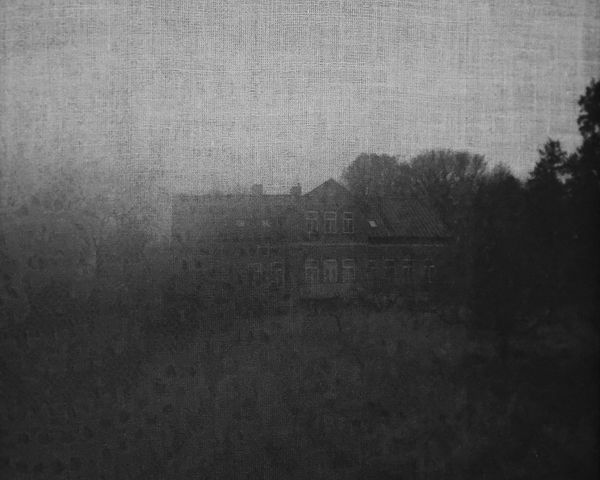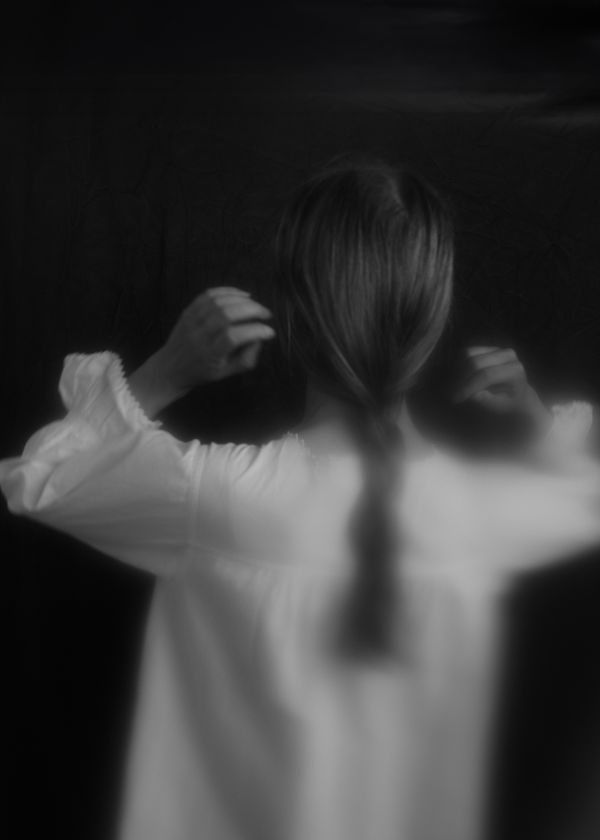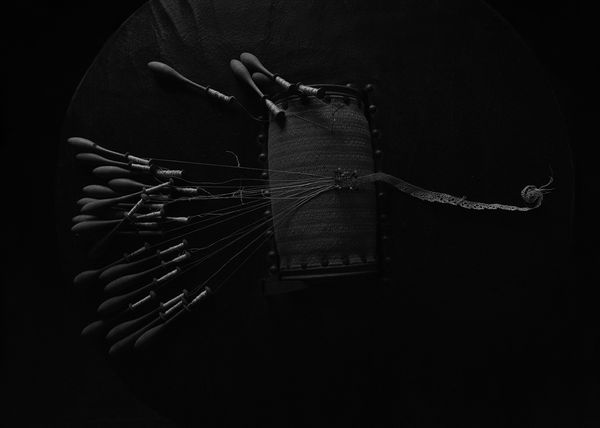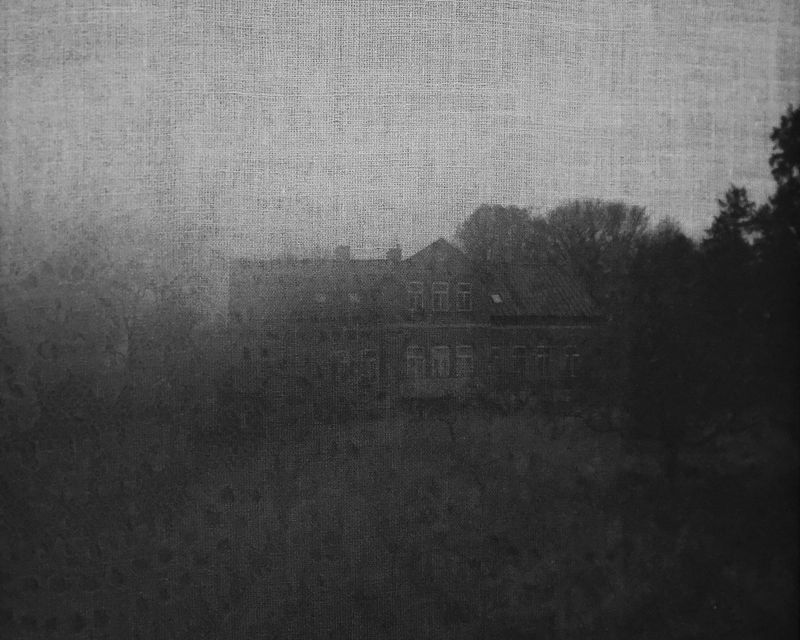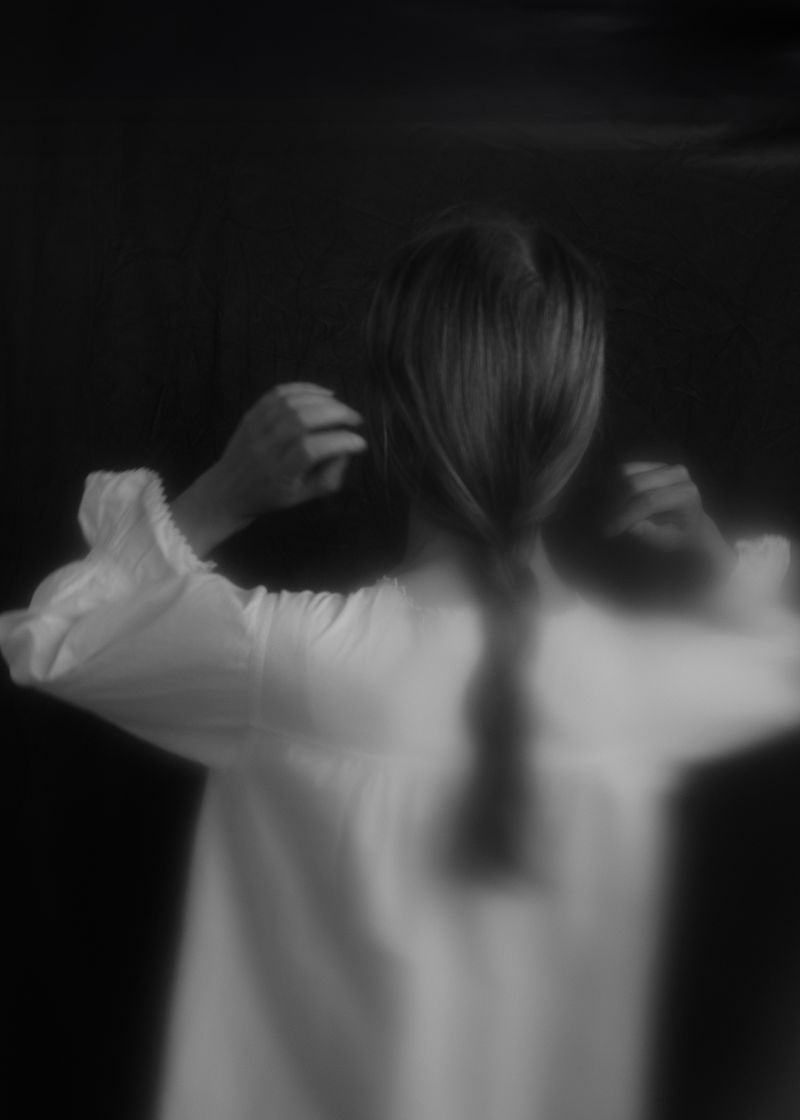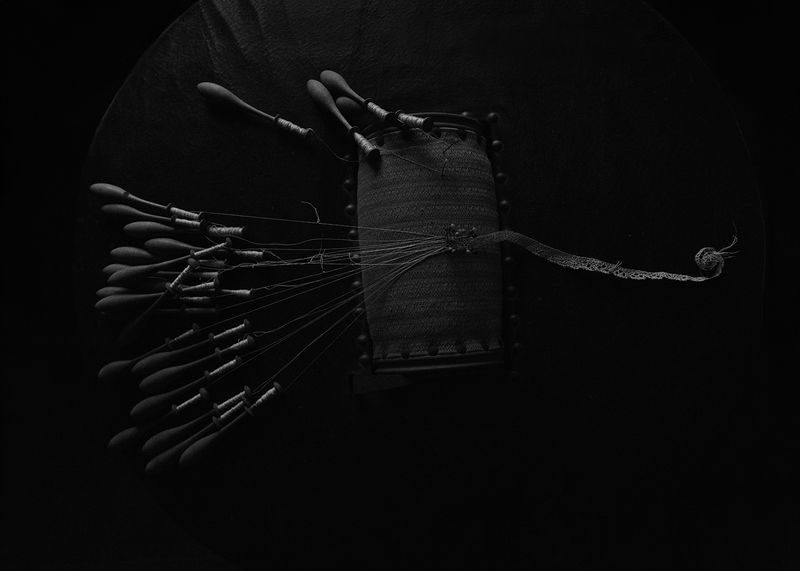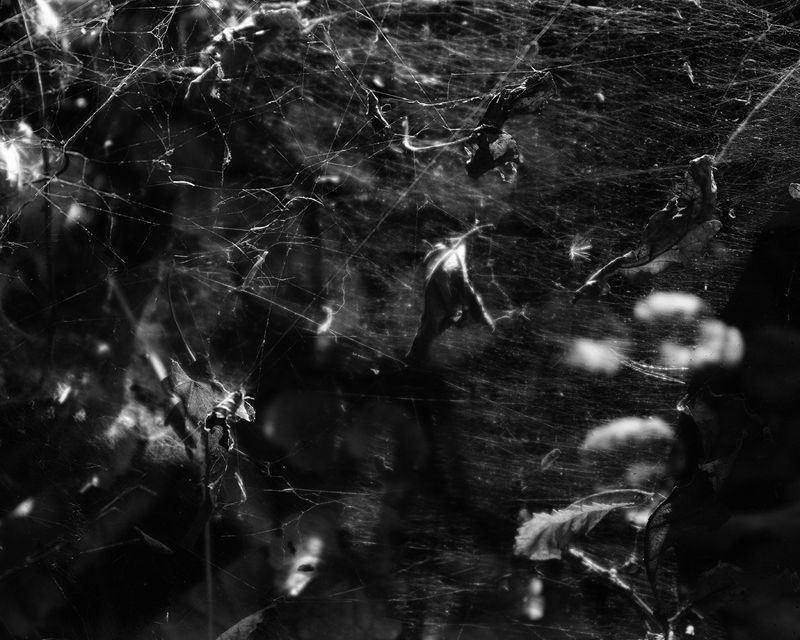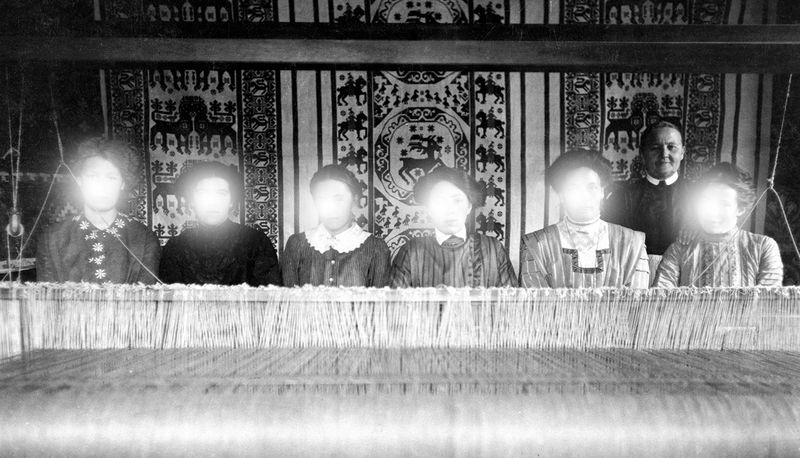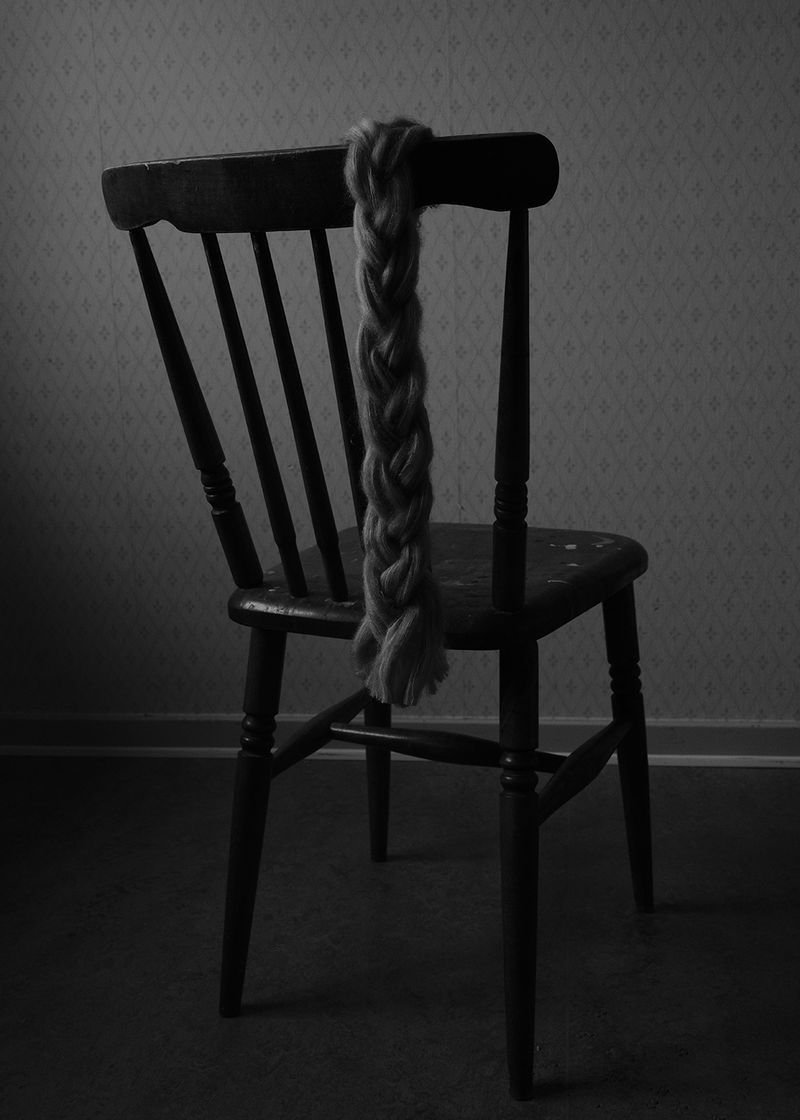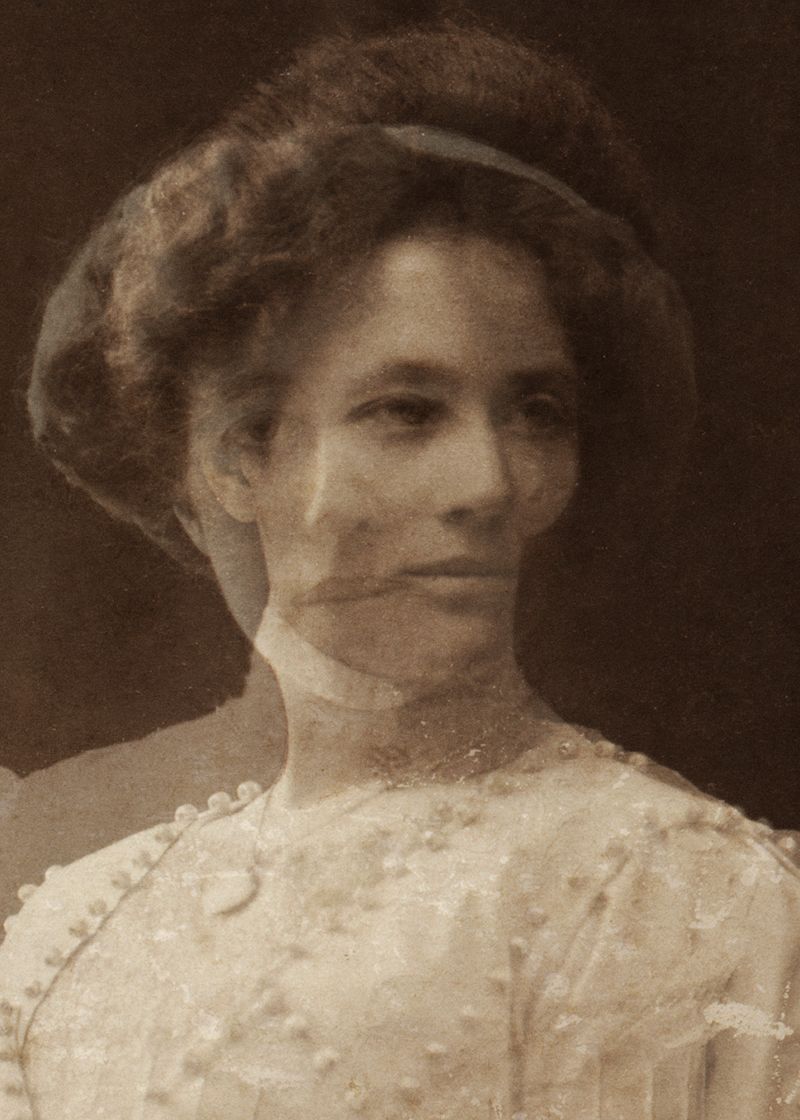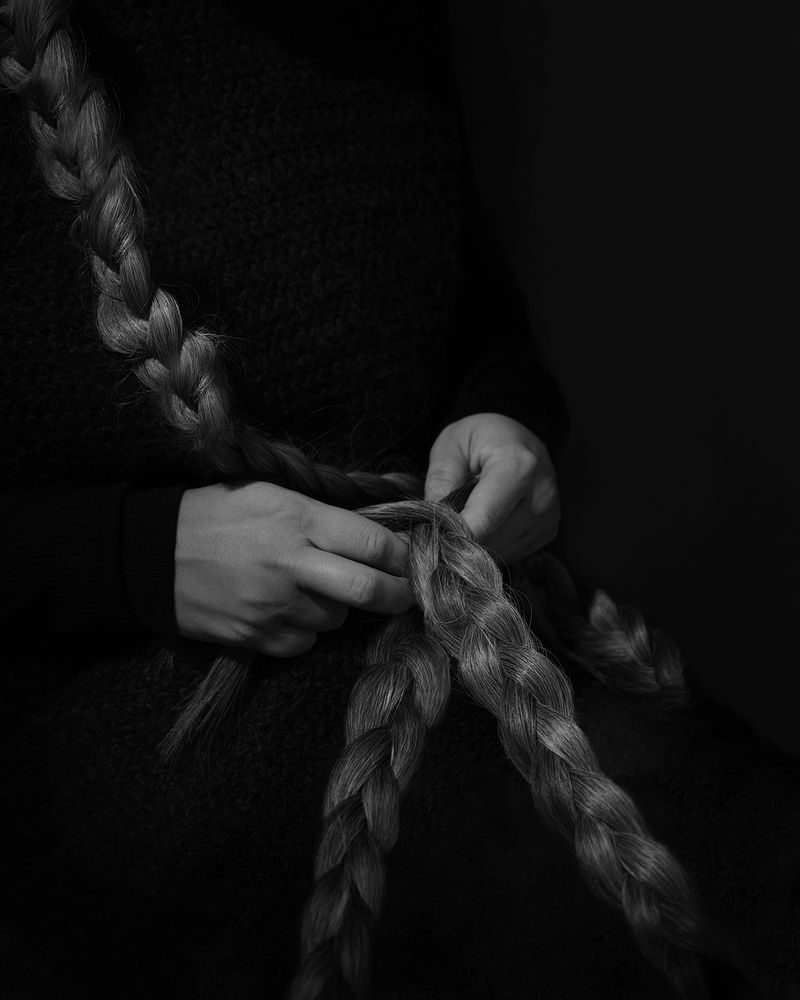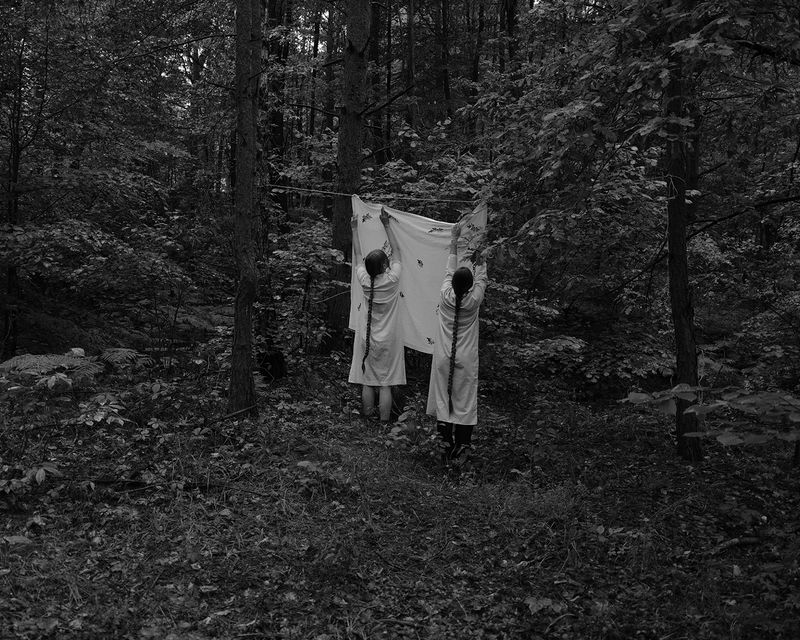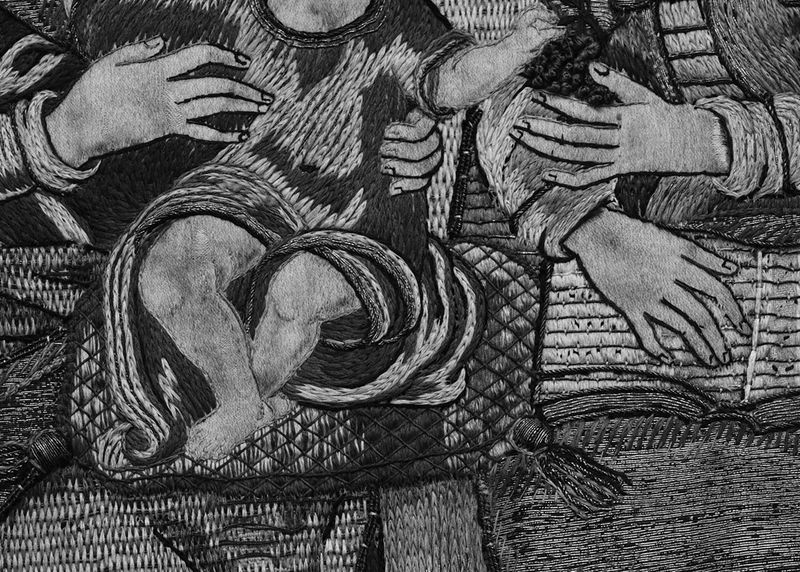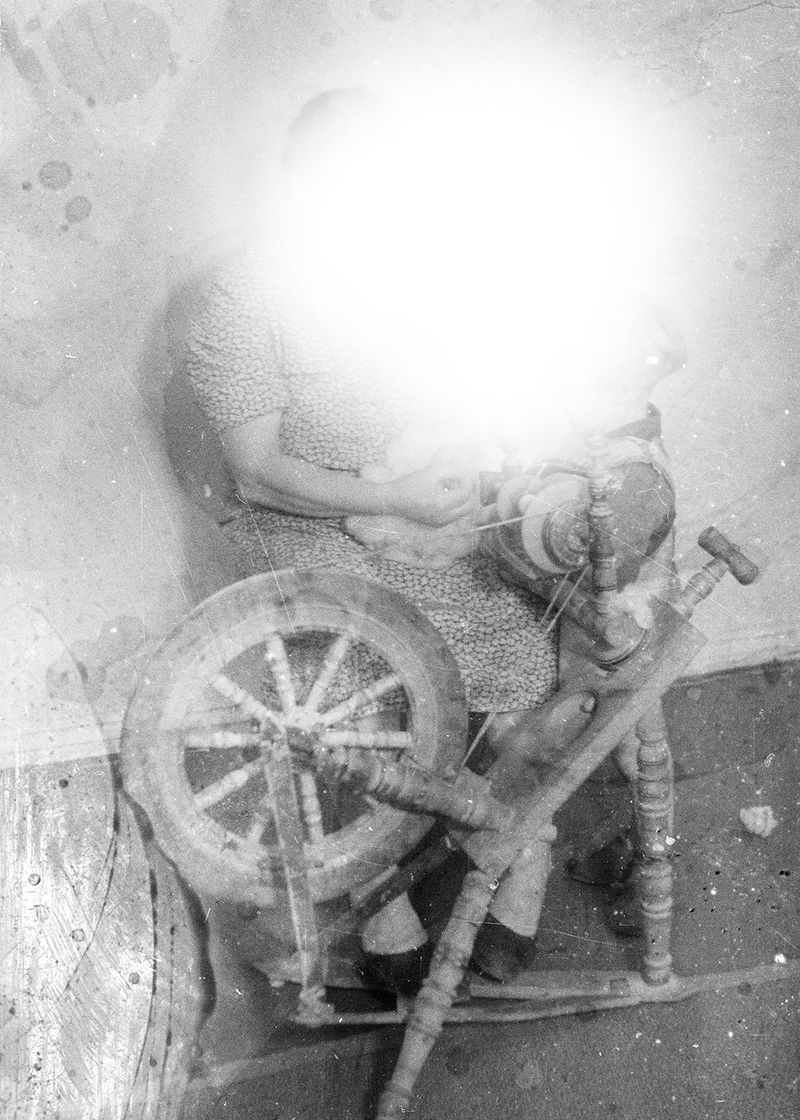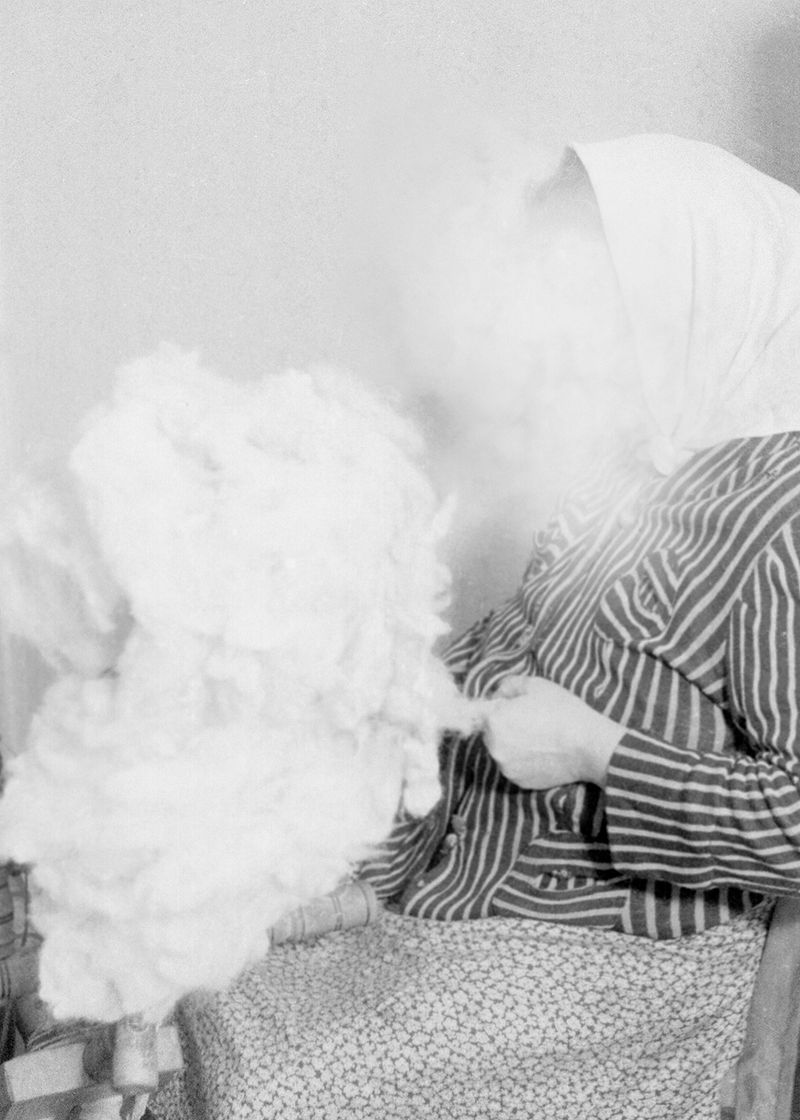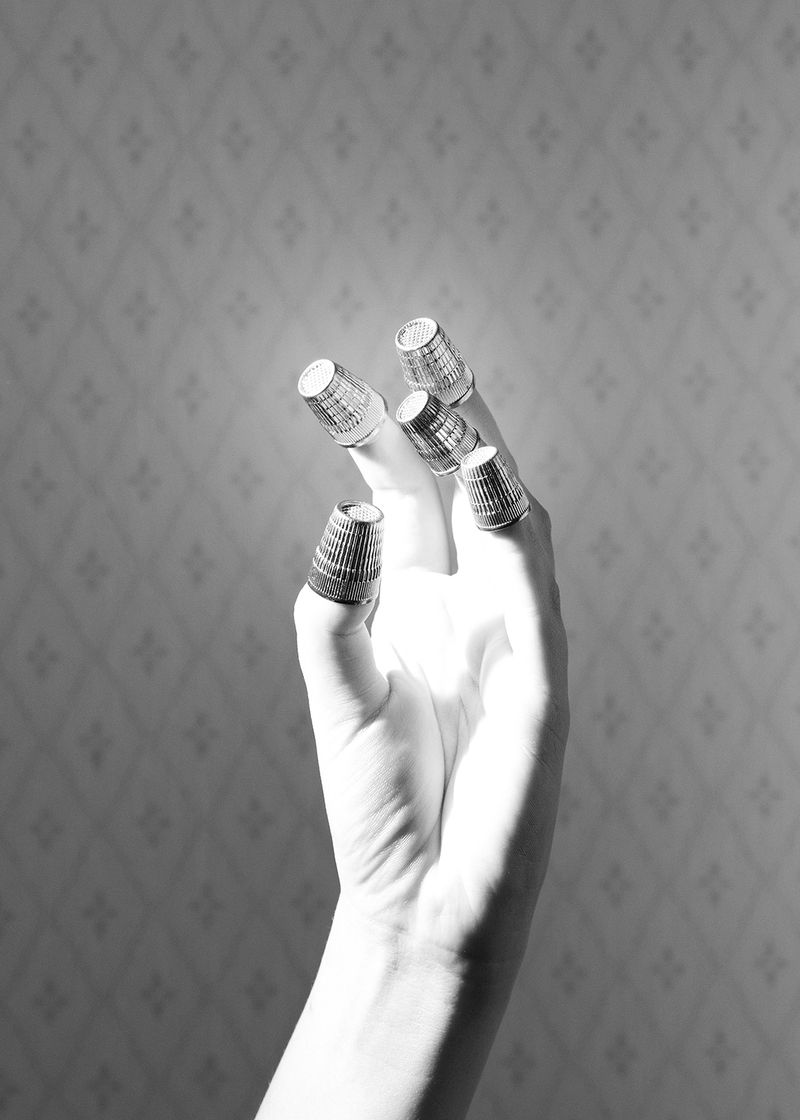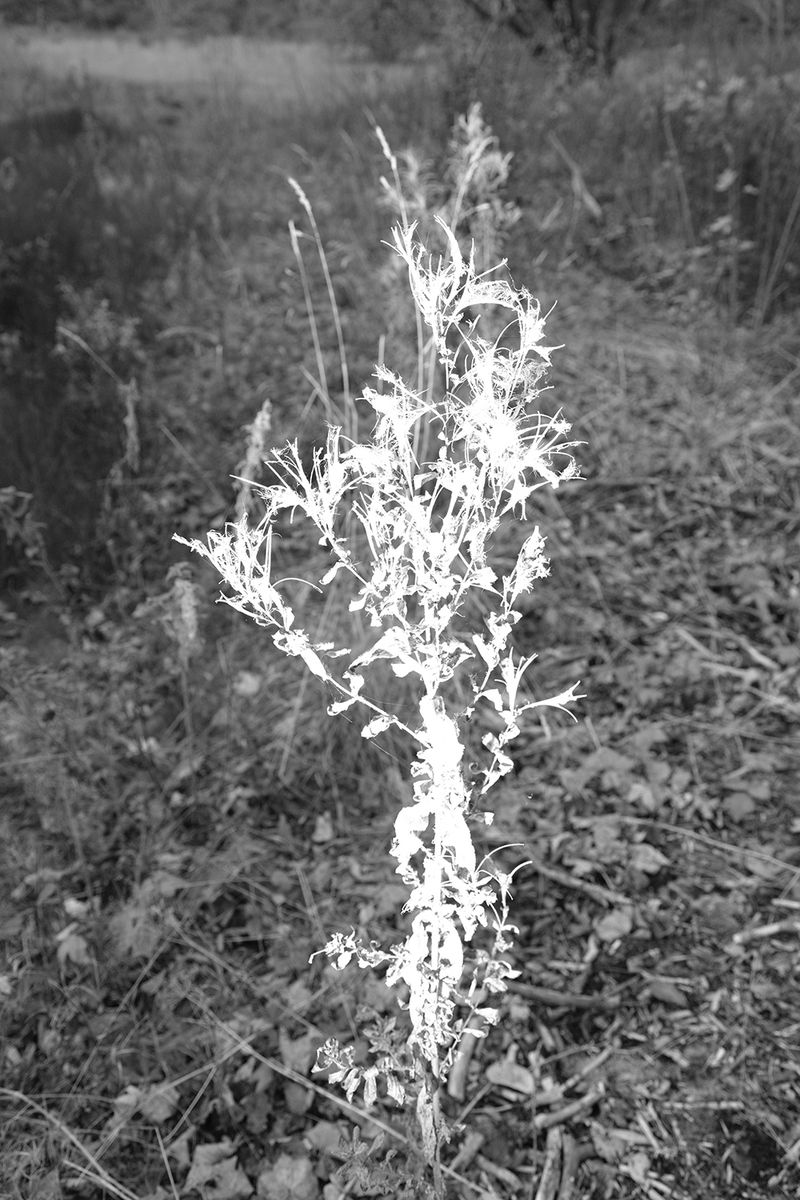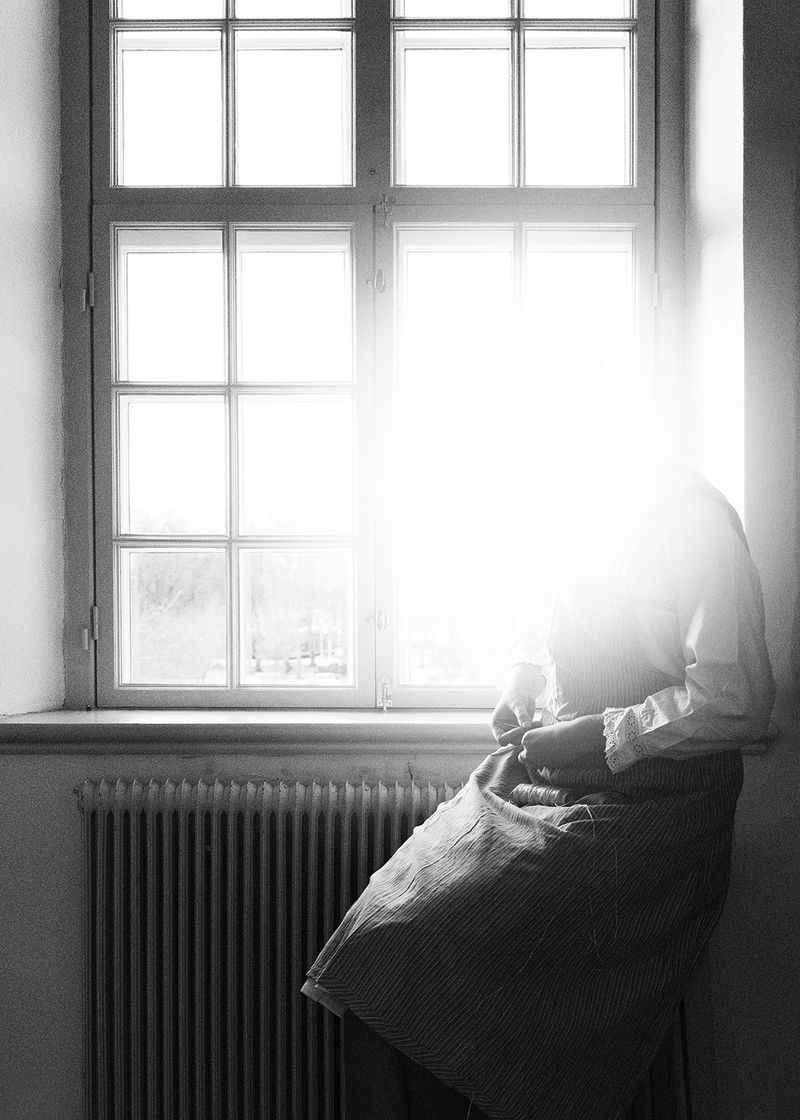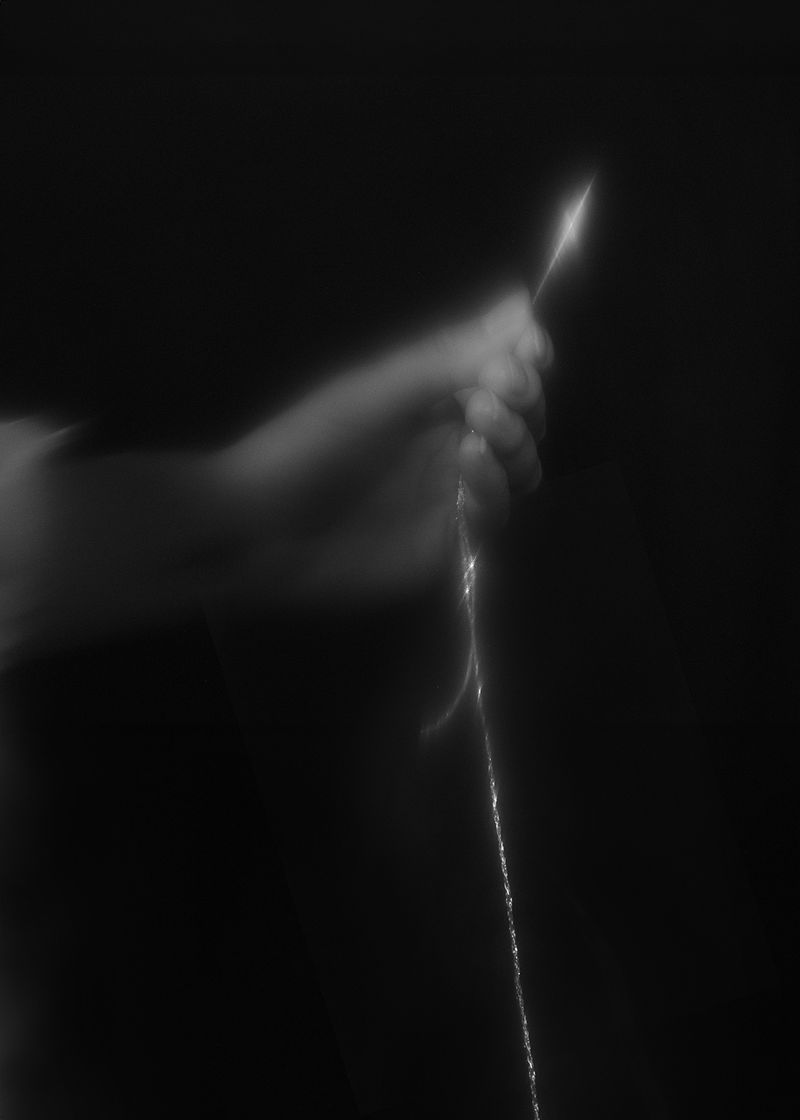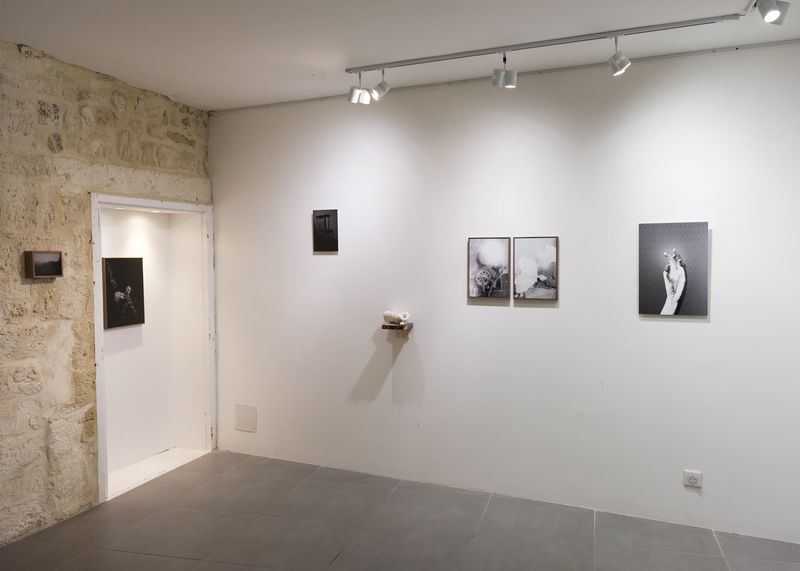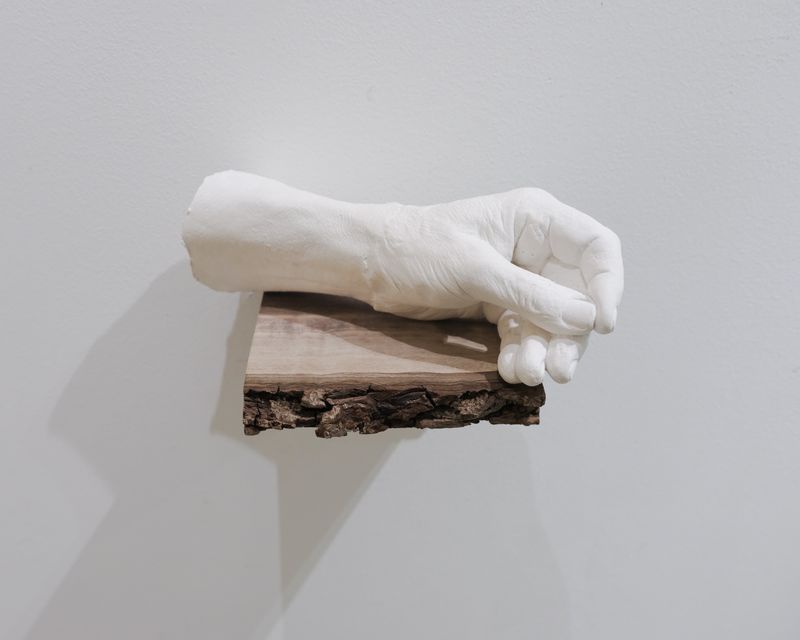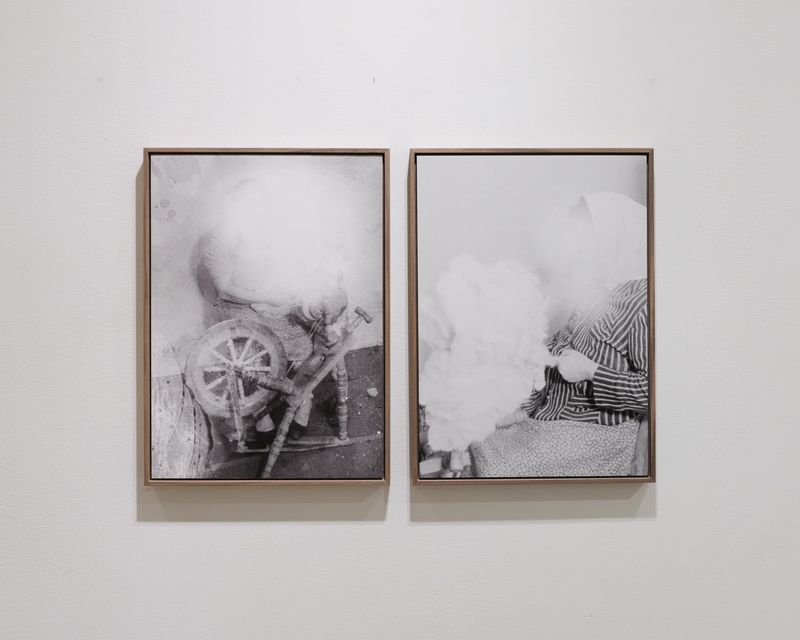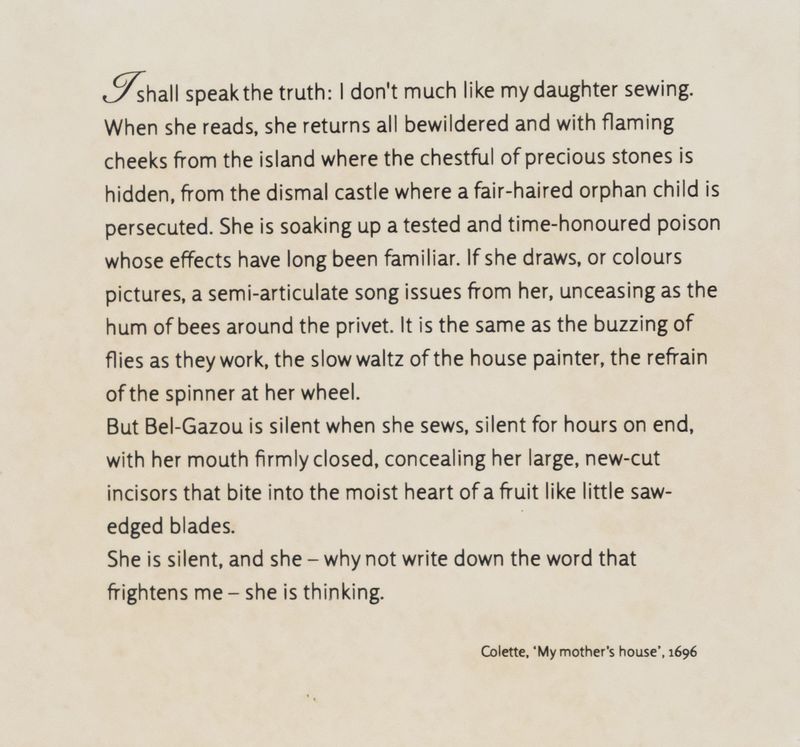godsips (the serpent's thread)
-
Dates2024 - Ongoing
-
Author
- Locations Poland, Netherlands, Sweden
"godsips (the serpent's thread)" examines how women’s crafts, skills, and lives have been lost to history, and how social and gender roles have shaped these absences.
"godsips (the serpent's thread)" examines how women’s crafts, skills, and lives have been lost to history, and how social and gender roles have shaped these absences.
Martin’s investigation began with the fragmented records and folklore surrounding the five Andersson sisters, who lived in the small village of Åsmundtorp at the turn of the 20th century. Their story, partly documented and partly mythologised, revolves around the textiles they produced for Knottekistje - the wooden chests that translate into "wedding coffins", traditionally filled with hand-made linens and lace, prepared by young women as part of their dowries. The contents of these chests were meant to demonstrate a woman’s skill, diligence, and moral worth, often long before she was engaged.
Only one of the sisters married; the others’ Knottekistje remained closed. Their work, never used, exists as an ambiguous record of domestic labour and expectation.
Through photography and objects, Martin re-examines these traces as material for re-interpretation. Working with archival images, staged compositions, and photographic interventions printed and layered onto fabric through quilting and textile processes, she creates visual reconstructions that merge documentation with speculation. The photographs function as a site of research - an experimental space to test how narratives of women’s work, autonomy, and erasure can be reimagined through image-making.
Drawing on feminist textile histories such as Rozsika Parker’s The Subversive Stitch, Martin approaches photography as both method and medium of repair and speculation: a way to engage with the gaps left by history and to question how women’s creative labour has been recorded, valued, or dismissed.
(text by the independent curator Tiiu Meiner)
